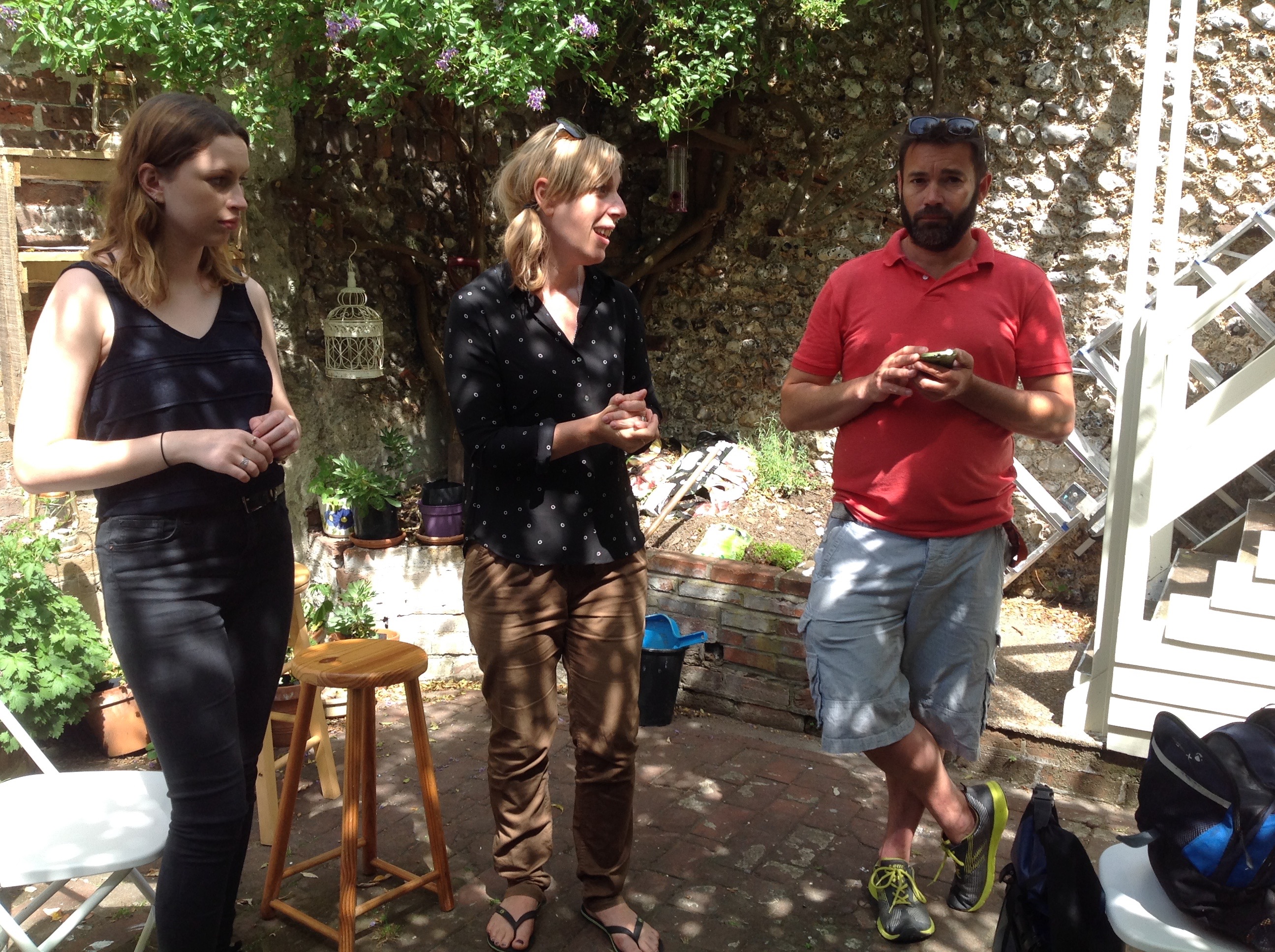Composting provides a nutritious source of food for our gardens, and it all comes from kitchen and garden waste. This natural process, is a valuable and easy way in which we can do our bit for the environment and help send less waste to landfill.
It enriches soil by helping to retain moisture whilst suppressing plant diseases and pests. It works in two ways: the initial layer of compost can be dug in manually to help break down the soil. Organic matter and nutrients can be added to the soil to make it more moisture retentive, which also helps plant roots to establish quickly and find the food they need for healthy growth.
Then a mulching layer (2 – 4 inches thick) evenly spread over the surface can be added to slow down evaporation from the summer sun and wind and act as an insulating layer through the winter months, worms will naturally help take the mulch down into the subsoil in their daily duties of being worms.
Composting is not just good for our gardens, but also for our planet. It means less methane and harmful greenhouse gases seep into our environment, damaging the Earth’s atmosphere. Instead, composting breaks down waste aerobically, which is much better for the natural world.
We invited Jo in to the ONCA garden from Brighton and Hove Food Partnership and got some useful tips about how we could compost effectively here.
Brighton and Hove Food Partnership are a not-for-profit organisation that delivers a range of community projects such as tips and advice about reducing food waste at home.
Firstly Jo suggested that we add layers of cardboard to our compost to create a lasagna effect. This should reduce the need to frequently turn it. So all the used toilet rolls, flyers and shredded paper can go in to the mix.
We were also advised not to throw away any egg shells or cooked food. The eggs shells may attract rats. They love the oil from the egg whites, so if you want to compost them definitely give them a wash first! As for cooked food, we shouldn’t be throwing this away because we should be eating it!
It is Brighton and Hove Food Partnership’s ethos to encourage people not to waste any cooked food where possible. Maybe you could give your leftover cooked food to a colleague or save it for lunch tomorrow, wasting cooked food is thoroughly discouraged.
Jo also mentioned that we should introduce worms to our compost because they are a catalyst for breaking down the food and garden waste. They also help to aerate soil, by continuously moving around. They find their way to the top of the soil and take down mulch into it.
In terms of time-scale, she thought our black composting bin would be ready in 9 months, especially as we are composting over the summer. Everything will get cooking in the heat!
Jo informed us that there are lots of local businesses who are using composting schemes such as Silo, a local restaurant, bakery and coffee house with a zero-waste policy. They state that their composting machines turn all of their scraps and trimmings directly into a compost used to produce more food.
Here at ONCA we are planning some great things for our composting system. Our volunteer Gary has generated some ideas for our compost bin. He has suggested that we could put a toughened safety glass on one side of the bin as an educational tool to show people how composting is done. However, as a compost bin needs darkness, (because micro-organism’s prefer these conditions to flourish) we’d need to add a curtain or shutter to it.
These ideas will be discussed further in the coming months.
This is very exciting for us as ONCA’s mission is to foster and inspire a greater understanding of ecology. And what better way to do this than in our own back yard! We hope that this blog has inspired you to take action and start using a composting bin if you have not already! It is a very rewarding thing to do.

